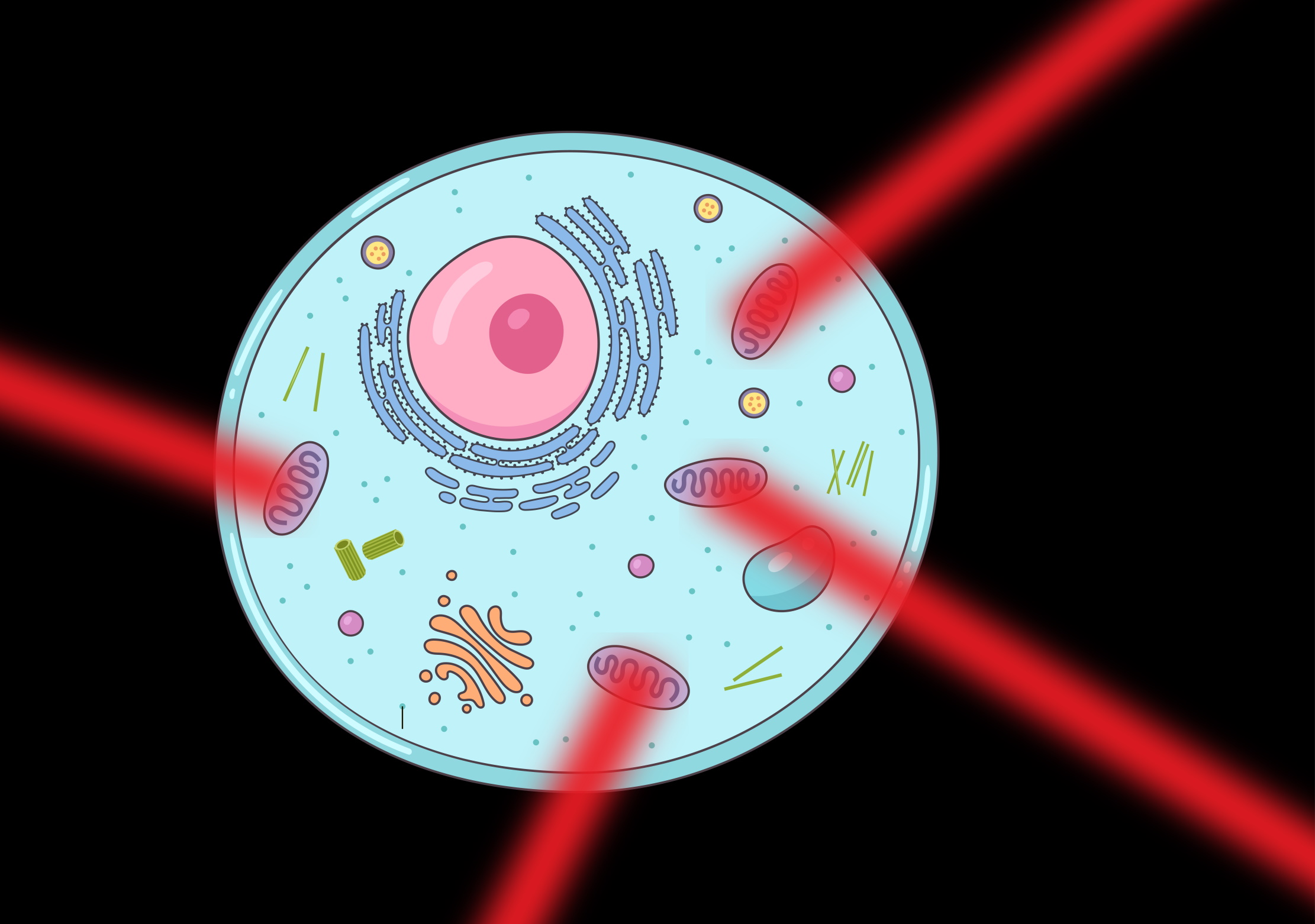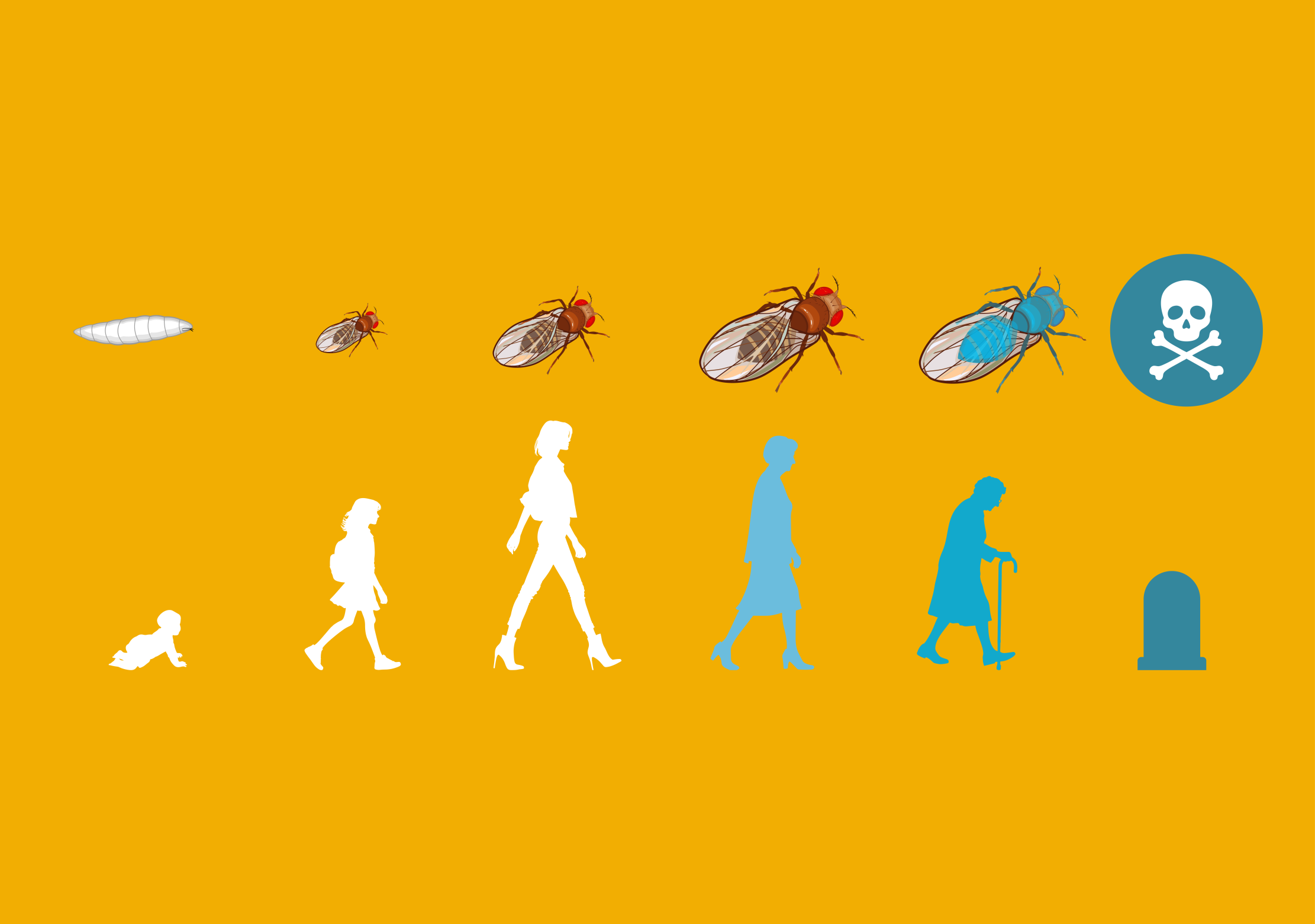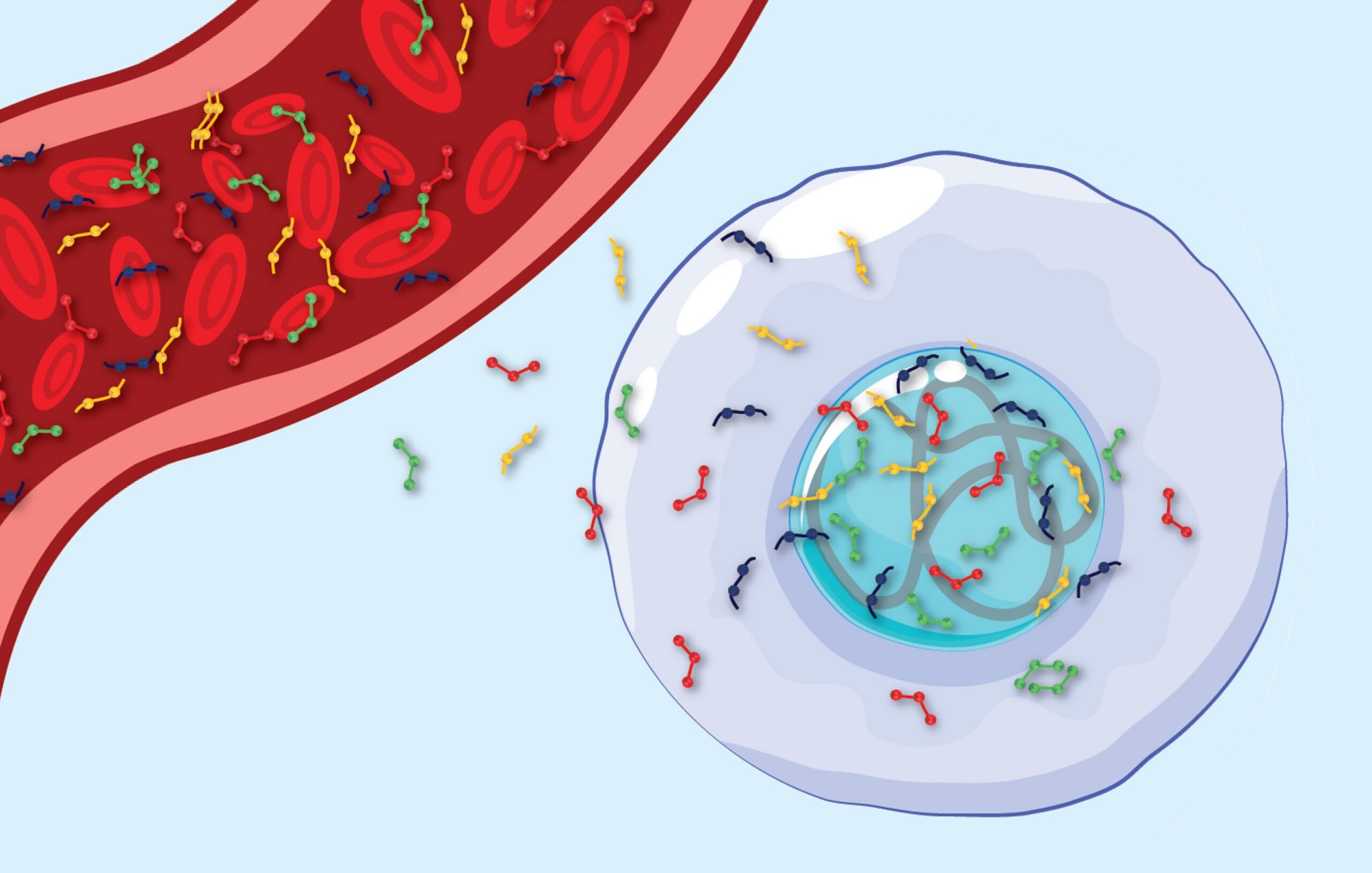The relationship between political parties and democracy is complex. Liberal thought at first didn’t even include political parties in the theory of democracy. In practice, however, factions and then parties gradually emerged. Since World War II, parties have often been seen as essential to representative democracy. Nevertheless, their role has evolved over time. During the last decade, undemocratic trends have been flourishing worldwide, raising questions about how political parties may have contributed. Some factors have been studied, but the research hasn’t been substantial or systematic. Read More
Professor Danica Fink-Hafner of the University of Ljubljana examines this further in her new book. She explores how party system dynamics interact with other factors to influence democracies, using Slovenia as a case study.
Early liberal thinkers initially built their conceptions of democracy at the level of individual citizens. However, with the development of political parties, theory was amended by the concept that individuals could coalesce to form a civil society, and in doing so, also form a political body. The key to accepting political parties was their role in solving political conflicts.
After World War II, liberal democracy became globally dominant, with competitive party elections seen as essential. However, this view has been challenged by alternative models of democracy. While parties remain important in many conceptions, their centrality has diminished in some newer theories on governance and democracy.
In her book, Professor Fink-Hafner explores the influence of political parties on democracy, and finds mixed views among researchers. Some see parties as positive, recognizing them as the key link between government and citizens, and an essential public good. Others view them negatively, arguing that parties limit citizen activity to elections and erode democracy ‘from the top’. Some research suggests democracy in Western countries has been stripped of its popular component.
As Professor Fink-Hafner explains, the effect that parties have on democracy is determined by a number of variables. One variable is the extent to which party systems are ‘institutionalized’, meaning how stable and predictable they are. For a long time, people thought that stable party systems were crucial for democracy, but reality is more complex. In some instances, unstable systems can help democracy by increasing competition. In others, they hurt it by preventing parties from developing deep roots in society.
Factors such as polarization and personalization also play a role. Personalization occurs when parties become about individual leaders rather than shared values. This shift can be risky, because citizens may vote based on personality rather than issues, and it can concentrate too much power in one person’s hands.
Polarization is a process where different groups in society adopt extreme, opposing positions. Severe polarization leads to distrust, an inability to find common ground, gridlock, and even democratic collapse.
Professor Fink-Hafner elucidates this by exploring the democratic history of Slovenia. Since a transition to democracy in 1990, Slovenia has had a relatively stable and strong democracy. However, it recently experienced an unexpected, radical but short-lived democratic backsliding.
Professor Fink-Hafner found that this was due to a particular combination of factors, including party system features, characteristics of political institutions, the economy, social inequality, global de-democratization trends, and the COVID-19 crisis, which introduced the ‘state of emergency’. Furthermore, political parties had changed over time, becoming less connected to their social roots and more influenced by special interests. Ultimately, the backsliding ended with the 2022 election, which had high voter turnout due to civil society efforts with external support.
This research highlights the importance of studying both party and non-party actors in understanding democratic changes. Democratic decline is not straightforward and cannot be pinned down to one cause. The health of democracy depends on a complex interplay of party characteristics, other political actors, and broader societal factors, particularly various crises.







